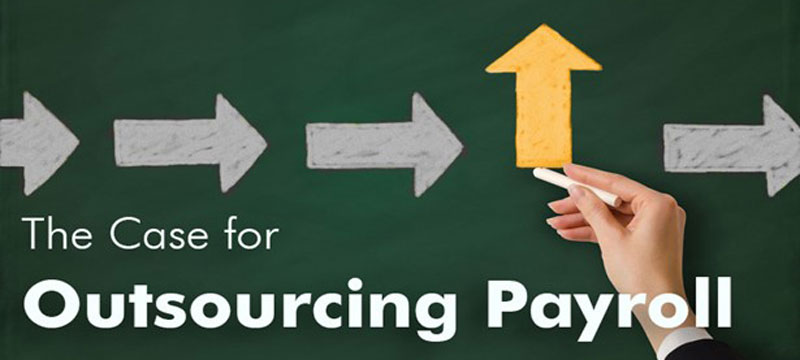Your strategic planning process should include the following steps: Who you are (beliefs, vision/mission) Where…

The Case for Outsourcing Payroll
Processing payroll in-house can be expensive and time-consuming. It requires on-going recruitment and training of payroll specialists, buying and maintaining payroll software, and safely storing and managing payroll records. Whether it be the federal government’s Phoenix pay system (estimated to eventually cost taxpayers over $1 billion to implement) or one of many smaller payroll systems, it is important to recognize the full cost and risks that in-house payroll can impose on organizations.
Studies have shown that outsourcing the payroll function is more efficient and less costly than processing payroll in-house. A PwC Whitepaper, Exposing the hidden costs of payroll and HR Administration – A total cost of ownership study, concluded that outsourcing payroll leads to cost efficiencies. This research study found that organizations outsourcing payroll spend 43% less on average than those administering payroll in-house.
Below is a list of some of the advantages of outsourcing payroll:
- Labor savings related to processing payroll. Avoid need to recruit and train payroll specialists, or arrange for coverage. On-going training for payroll staff can be costly
- Access to payroll expertise. Outside payroll specialists are experienced in a multitude of payroll issues. Payroll tax rates, rules and regulations can be very complex and are continually changing. It is a payroll provider’s business to stay on top of these changes
- Ensure tax and reporting deadline compliance. There can be significant penalties for making late remittances to the government, or miscalculating payroll deductions. Payroll companies can offer a guarantee that payroll will be done properly, avoiding fines and excess labor costs. There is also likely to be less risk of hardware and software failure using an outsourced payroll provider than relying on in-house systems
- Inherent scalability. Outsourced payroll cost is directly related to number of employees
- Staff can focus attention on your core business rather than on payroll
- Removal of payroll liabilities (e.g. wages payable, payroll taxes) from the organization’s books. This means fewer accounts to reconcile and a cleaner balance sheet
- Banking fee savings. Payroll provider makes deposits to employee bank accounts
- Data security. A payroll company is likely to have more robust IT security and controls in place than what you can afford to maintain. They can ensure that only authorized personnel have access to confidential payroll data, and that payroll records are retained for the required period of time
Find out more about payroll outsourcing – call me and we can have a conversation. We can also talk about improving operating efficiency, reducing costs and strengthening your organization. Reach me at 613-727-1230 ext. 212 or [email protected]



